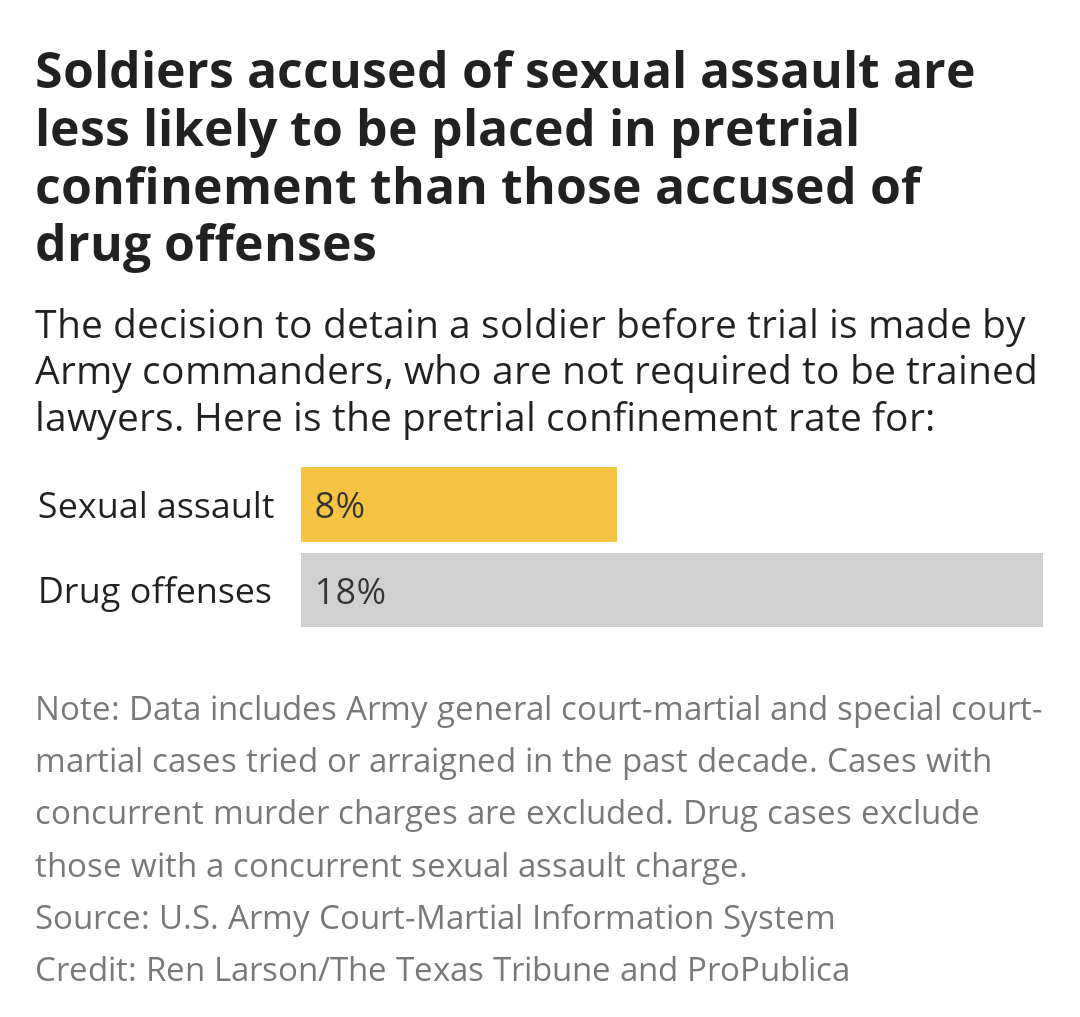
1/ In celebration of @USDemocracyDay, we’ve published two stories on our site today answering questions readers asked us about the #tx2022 midterms. #DemocracyDay
2/ Several readers asked in our reader survey: Why does Texas have so many elections and so many elected offices? And do the number of contests contribute to the state’s lower levels of voter turnout bit.ly/3LepCFH
3/ And many readers asked us for clear definitions of what statewide elected officials do, and what their responsibilities and powers are. bit.ly/3QMYP4c
4/4 On this International Day of Democracy, we celebrate freedom of the press and how critical it is for healthy and fair elections. If you value journalism’s role in strengthening democracy, donate to support our nonprofit newsroom now: bit.ly/3RwBLbq
• • •
Missing some Tweet in this thread? You can try to
force a refresh





